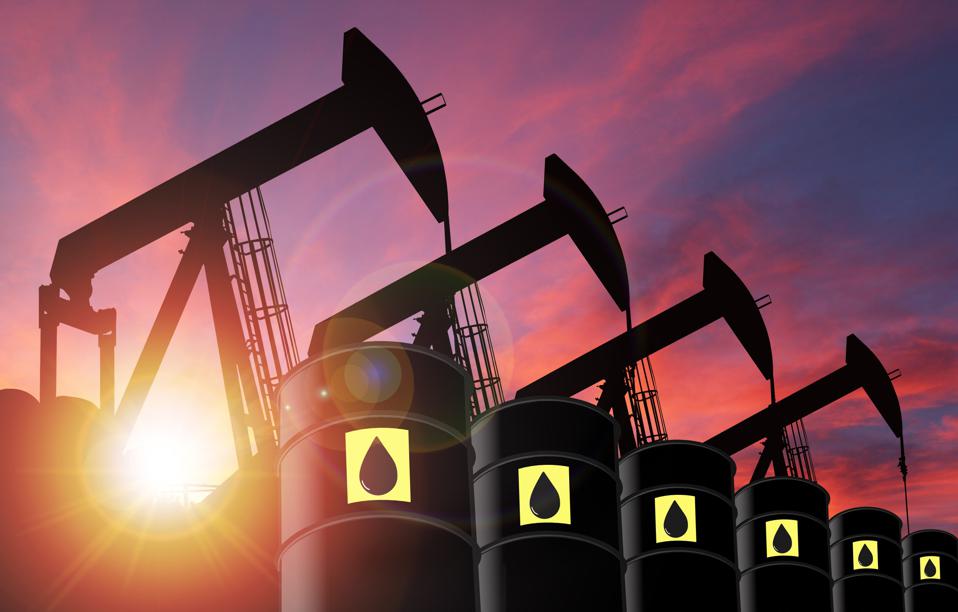Oil and gas geopolitics, which are a function of supply and demand, are becoming more volatile. Geopolitical conflicts or war in an energy-producing nation have a major impact on crude oil prices. Energy security, the balance of power between energy importers and exporters, and the military might of key states are all being affected. After Russia attacked Ukraine, the price of crude oil on the world market soared from about $76 per barrel at the beginning of January 2022 to over $110 per barrel on March 4 of that same year. Even before the battle fully escalated, oil prices were climbing all over the world.
The price of oil has a significant impact on manufacturing and production expenses all over the world. Because they raise the cost of production, rising oil prices can reduce the availability of other items. According to economic theory, rising oil prices can cause the supply curve for the commodities and services that use oil as an input to shift. The increase in crude oil prices, which has more to do with supply limitations and logistical bottlenecks and is not a reflection of robust economies or increased demand, is a key contributor to inflation.
Since the probable effects of an economic slump have not yet been priced in, oil prices are now predicted to remain stable. The main thing to keep an eye out for is any slowdowns in the world economy. The average decline in oil prices over the previous five U.S. recessions was between 30% and 40%. Through 2024, oil prices are probably going to stay around $60 per barrel on average. The emphasis of many businesses is the shift away from fossil fuels and the search for petroleum substitutes, which is critical to the world’s use of energy. The market predicts that peak oil will happen in the next twenty years. In the past, in July 2008, crude oil hit an all-time high of $147.27.

